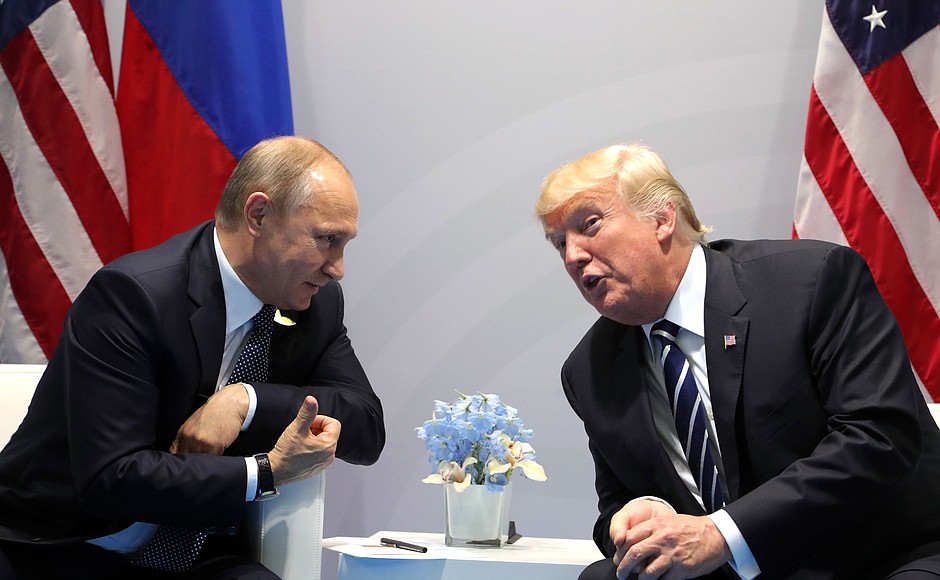Russian President Vladimir Putin rejected Ukrainian President Volodymyr Zelenskyy’s 20 April proposal for a moratorium on long-range strikes, refused to extend his own 30-hour Easter truce, and reaffirmed his rejection of the full ceasefire proposed by Ukraine and the United States., according to a 21 April report by the Institute for the Study of War (ISW). Zelenskyy has earlier proposed to extend Putin’s claimed 30-hour Easter truce.
Putin stated that Russia and unspecified other parties would need to “make appropriate decisions” about strikes on locations where Ukrainian military personnel are reportedly operating among civilians. ISW notes that while Putin attempted to soften his stance, he explicitly refused to consider any external oversight or neutral monitoring of these claims.
Russian officials, according to ISW, have consistently expressed disinterest in Western-led frameworks for verifying military targeting legitimacy in areas where civilian infrastructure has been struck. No proposals for impartial mechanisms have been offered by Moscow.
Putin makes excuses about April strikes on Sumy and Odesa
The ISW report highlights that Putin justified Russia’s missile strike on Sumy City—likely referring to the 13 April attack—by asserting that Ukrainian forces were present at a civilian venue. He also alleged Ukrainian military presence to rationalize another recent strike on Odesa.
Putin admits deliberate attacks on Sumy, Kryvyi Rih, pushing back on Trump’s version
ISW noted that Putin referred to these actions as retaliatory and legitimate military responses, without presenting any concrete evidence. The organization underscored that Putin’s justification appears intended to obscure Russia’s continued refusal to engage in ceasefire negotiations proposed by Ukraine and supported by the United States.
No Kremlin commitment to ending its invasion
On 21 April, Putin rejected the full ceasefire proposal, accusing Ukraine of trying to “seize the initiative and talk about expan[ding]” the truce, and claimed that Russia would need to “carefully evaluate everything.”
In response to statements by US President Donald Trump expressing hope for a peace agreement, Kremlin spokesperson Dmitry Peskov said that Russia is not ready to discuss any timeline for ending the war. According to ISW, this signals the Kremlin’s continued disinterest in reaching any near-term resolution through peace talks.
“Putin’s continued rejection of US and Ukrainian ceasefire proposals runs counter to Trump’s stated approach of first establishing a ceasefire and then negotiating a broader peace agreement and to Trump’s goal of achieving a lasting peace in Ukraine,” ISW wrote.




